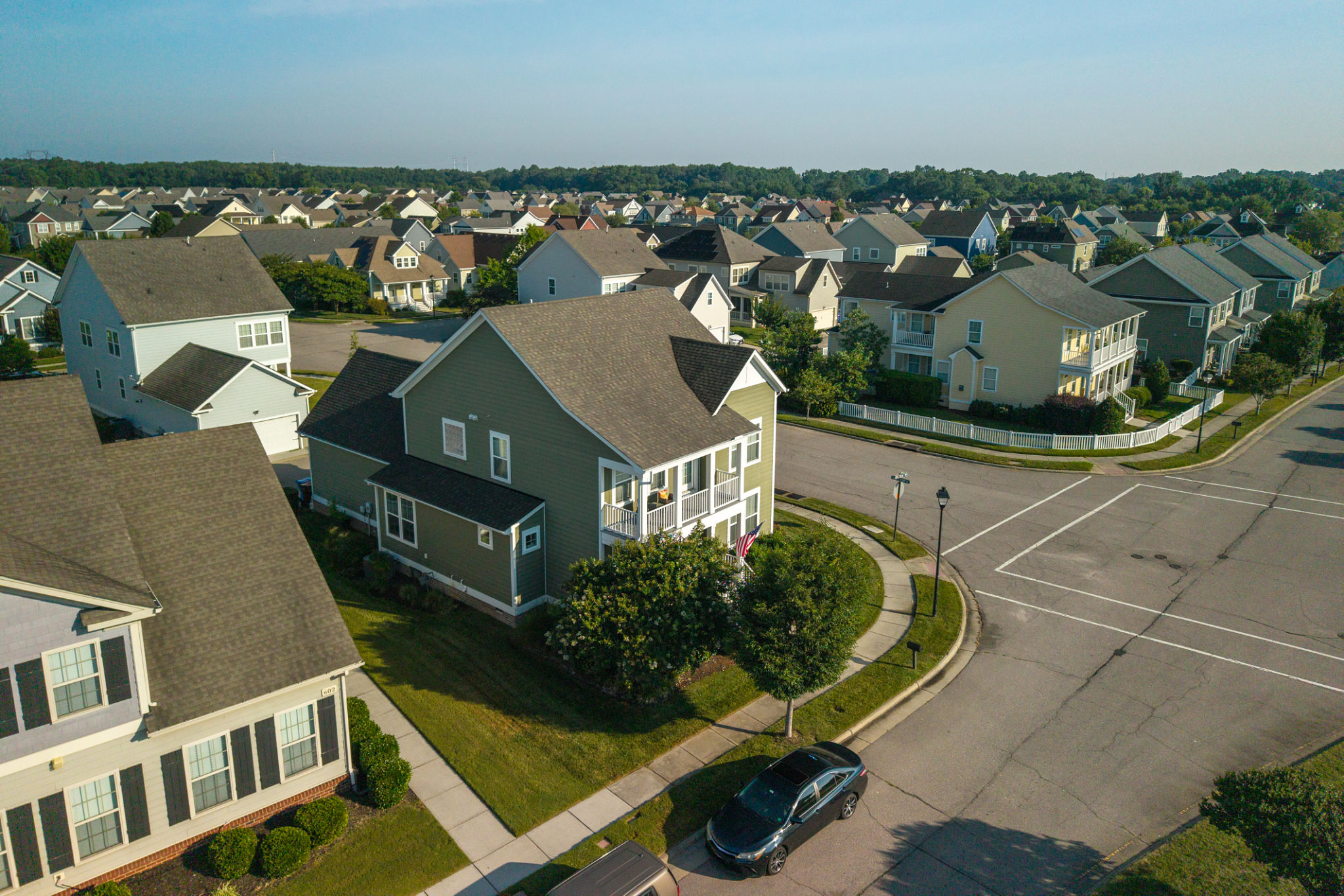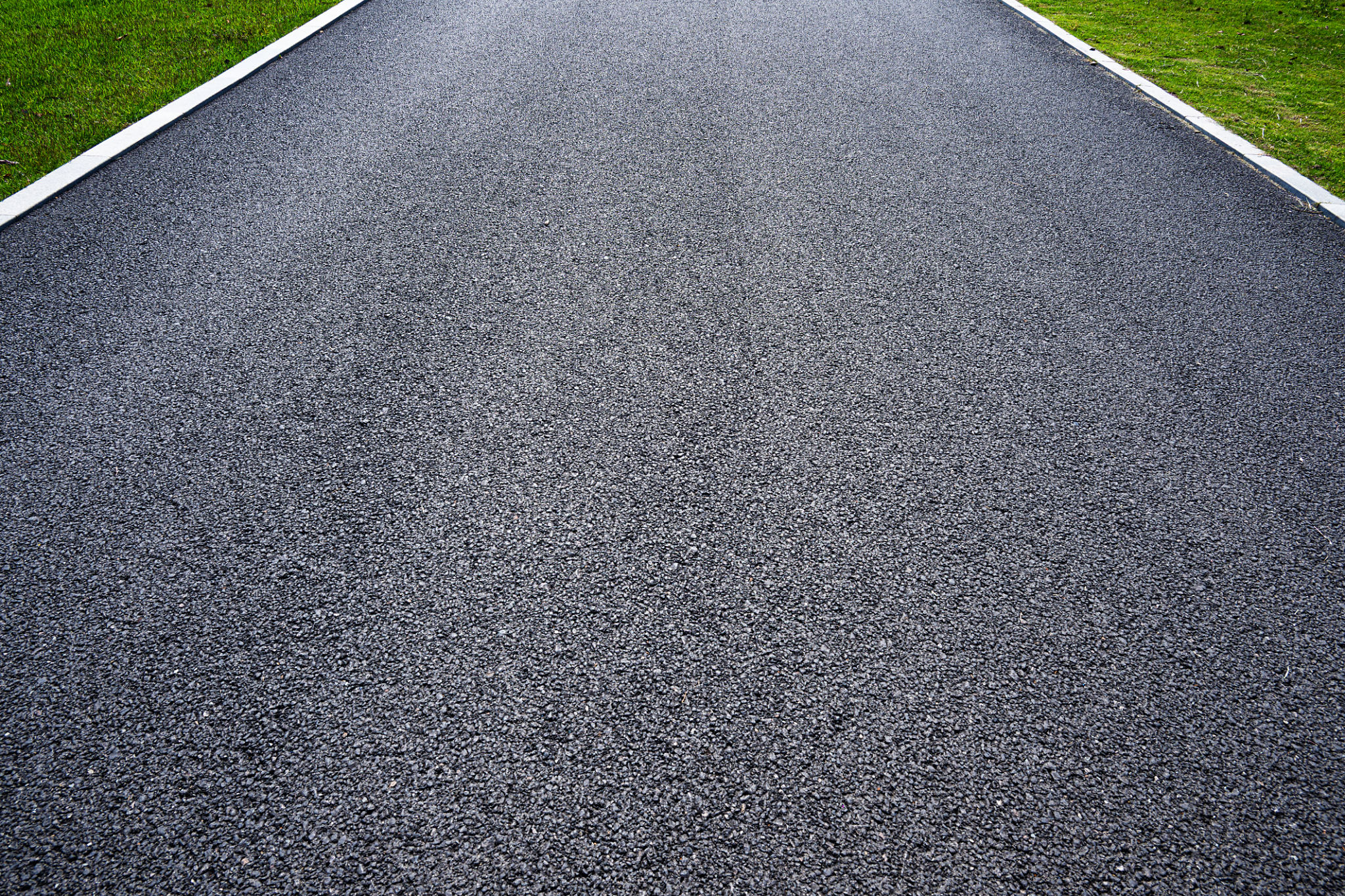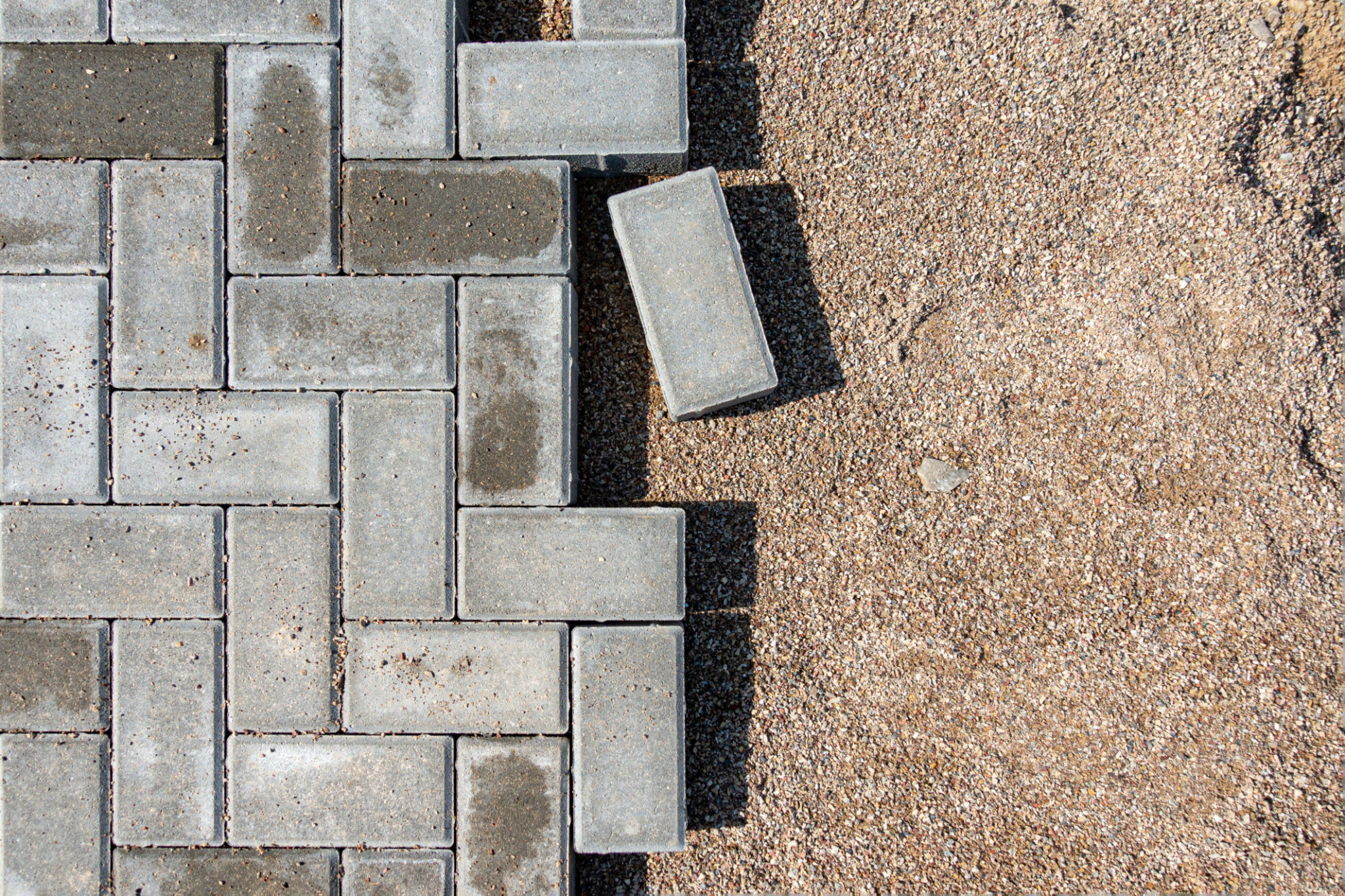Comparing Driveway Materials: Tarmac vs. Block Paving vs. Resin-Bound Surfaces
PP
Introduction to Driveway Materials
When it comes to upgrading or installing a new driveway, choosing the right material can make a significant difference in terms of aesthetics, durability, and cost. Three popular options for homeowners are tarmac, block paving, and resin-bound surfaces. Each has its own set of advantages and considerations. In this article, we'll delve into the specifics of these materials to help you make an informed decision.

Tarmac Driveways
Tarmac, also known as asphalt, is a traditional choice for driveways due to its affordability and durability. It offers a smooth finish and is relatively quick to install. Tarmac is particularly suitable for large areas and can withstand heavy traffic, making it a preferred option for commercial properties as well.
Pros of Tarmac
- Cost-Effective: Tarmac is generally less expensive to install compared to other materials.
- Durability: It can handle heavy loads and adverse weather conditions.
- Easy Maintenance: Repairs are straightforward and inexpensive.
Cons of Tarmac
- Aesthetic Limitations: Tarmac offers limited design options and colors.
- Prone to Heat Damage: High temperatures can soften the surface, leading to deformation.

Block Paving Driveways
Block paving involves the use of various-sized bricks or stones laid in specific patterns. This material offers a wide range of design possibilities, making it ideal for homeowners looking to enhance their property's curb appeal. Block paving is known for its versatility and the elegant look it provides.
Pros of Block Paving
- Design Flexibility: Available in numerous colors, shapes, and patterns.
- Easy Repairs: Damaged blocks can be easily replaced without affecting the entire surface.
- Permeability: Allows water to drain naturally, reducing flood risks.
Cons of Block Paving
- Higher Cost: More expensive than tarmac due to labor-intensive installation.
- Weed Growth: Gaps between blocks can allow weeds to grow if not properly maintained.

Resin-Bound Surfaces
Resin-bound driveways are created by mixing aggregates with resin to form a smooth, porous surface. This modern choice is gaining popularity due to its attractive appearance and environmental benefits. Resin-bound surfaces provide a sleek finish with a variety of color options available.
Pros of Resin-Bound Surfaces
- Aesthetic Appeal: Offers a contemporary look with multiple color choices.
- Permeable Surface: Water drains through easily, reducing puddles and ice formation.
- Low Maintenance: Resistant to weeds and requires minimal upkeep.
Cons of Resin-Bound Surfaces
- Cost Consideration: Generally more expensive than tarmac but comparable to block paving.
- Installation Sensitivity: Requires professional installation to ensure longevity and performance.

Conclusion
Choosing the right material for your driveway depends on various factors including budget, aesthetic preferences, and maintenance requirements. Tarmac offers an economical and durable option, block paving provides versatility and elegance, while resin-bound surfaces deliver a modern and environmentally friendly solution. Assess your needs carefully to select the best material that aligns with your vision and lifestyle.
